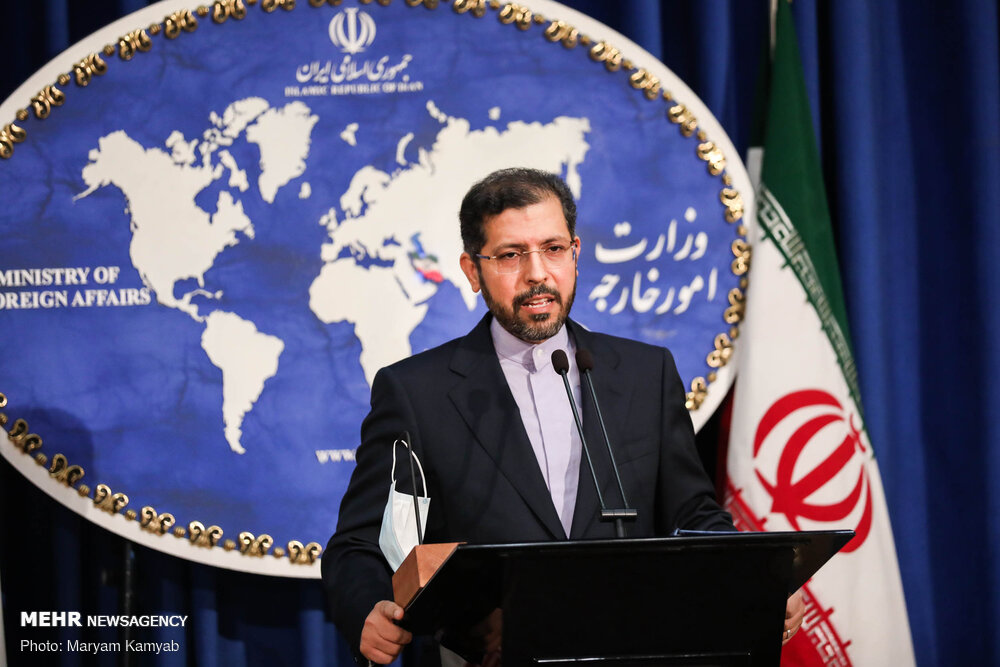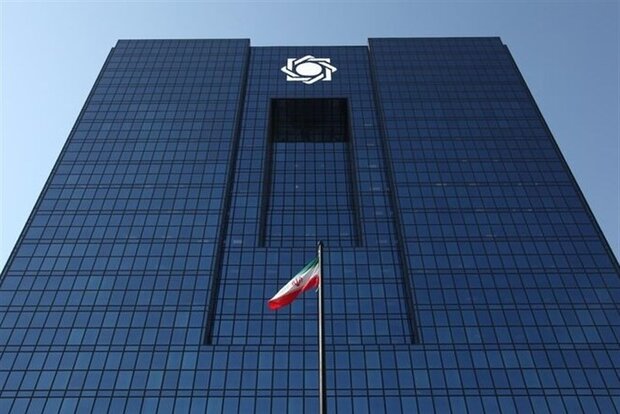Iran's assets at two Korean bank accounts -- known to be worth between $7 to $9 billion in total -- have been frozen since September last year when Washington's sanctions waiver for South Korea's imports of Iranian oil expired.
Due to the economic challenges caused by US unilateral sanctions and the fallout of the new coronavirus, Iran has been stepping up calls for South Korea to unlock the frozen assets at the bank accounts but Seoul has refused to do so under US pressure.
The release of the funds would enable Tehran to purchase medicine and medical equipment needed to fight the new coronavirus pandemic.
Iran is one of the worst-hit countries by the coronavirus pandemic.
However, reports indicate that despite minor improvements in this direction, the Koreans have not yet taken any action that would satisfy Iran at all, and we are still witnessing Seoul’s lack of commitment under baseless excuses for following the United States’ hawkish policies.
*** Details not satisfactory at all
Iranian Foreign Ministry Spokesman Saeed Khatibzadeh said in mid-November that negotiations are underway and some progress has been made, however, “The problems have not been completely resolved yet.”
The senior Iranian diplomat cited some stonewalling and ignorance of the Korean government's commitments but said the Central Bank of Iran and responsible ministries and institutions were firmly pursuing the matter.

Khatibzadeh again called on the Korean government to speed up the process, noting that what has happened in part is not at all satisfactory.
In early October, the spokesman said consultations were not moving as fast as expected.
He said Iran had agreements with South Korea on the purchase of medicine and some items.
“We have been facing delays in purchasing the flu vaccine and the coronavirus vaccine that we intended to procure through a consortium of the World Trade Organization; we hope that the Korean side will realize the sensitivity of the issue and give the necessary speed.”
It should be noted that based on what Khatibzadeh stated and according to informed sources, some progress has been made for the prepayment for the purchase of the coronavirus vaccine, but the progress is not satisfactory for Iran at all.
Government Spokesman Ali Rabiei said on October 6 that while the Central Bank and the Ministry of Foreign Affairs are pursuing the return of Iran’s assets from foreign sources, “Unfortunately, South Korea is still following the sanctions under the influence of the United States.”
In late October, Iranian Foreign Minister’s deputy for political affairs, Seyyed Abbas Araghchi, pointed to Iran’s efforts to retain its blocked funds and said, "Every day, we consult specifically with Iraq, South Korea and Japan since we have a larger sum in these countries than in the other countries.”
“The obstacles are real,” he said adding that the US is threatening others that if they do not block the money and give it to Iran, they will face sanctions.
While such threats have forced them to follow the US’ hawkish policies, Araghchi said, "There is a bit of an excuse for those countries to take advantage of the opportunity."
“There are ways they can do it, but they refuse under the pretext of sanctions.”
He underlined that the consultations will continue till Iran can take back what it owns.
MR/FNA13990904000335
